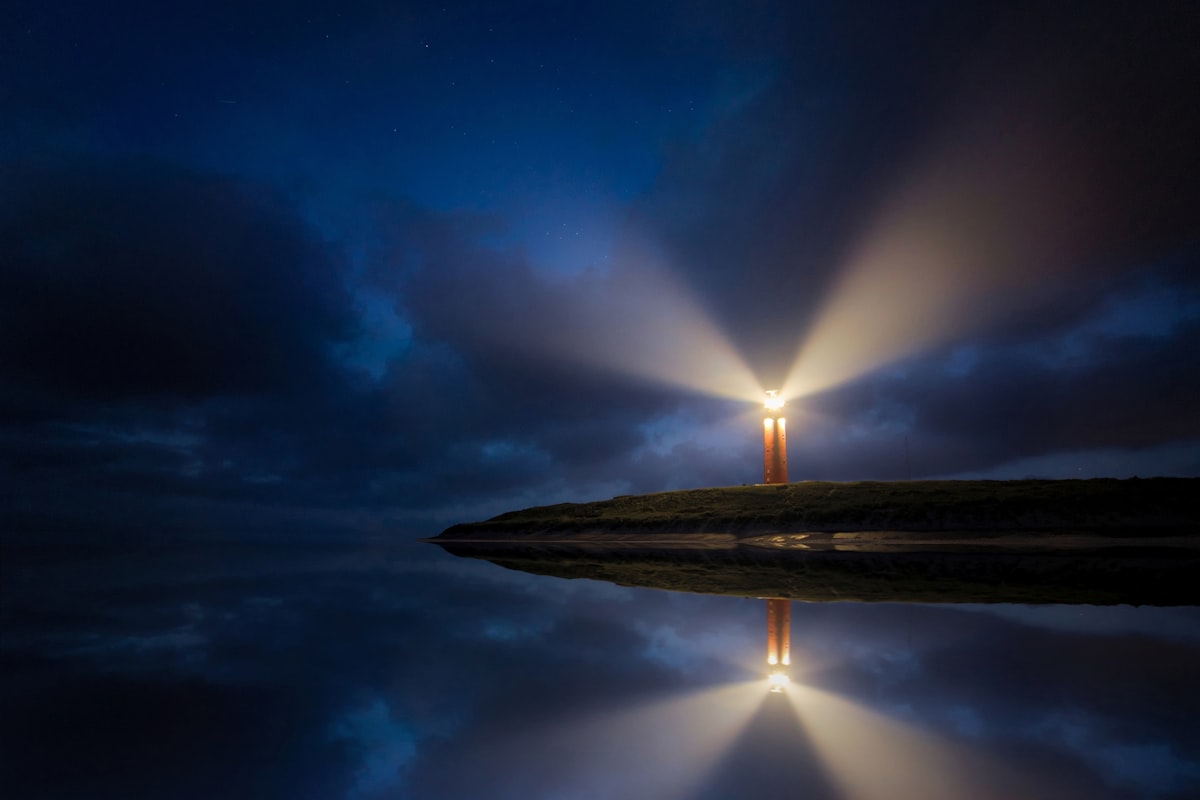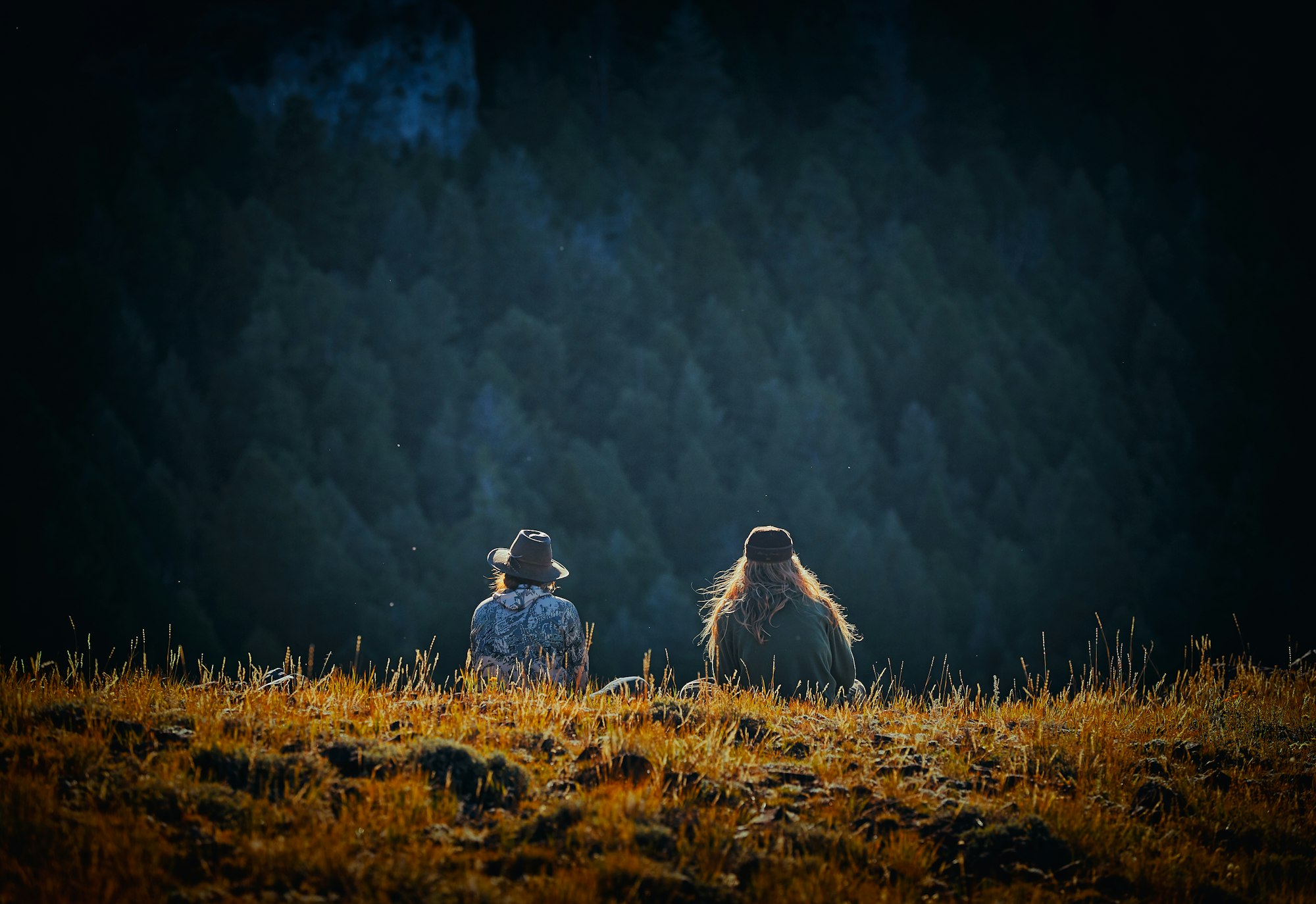Talking about journalism’s class problem.

This post was originally published on Medium on Oct. 27, 2017.
A few months ago I wrote a small post about my husband and my frustrations with my own industry.

And it blew up. Which is a weird feeling when what I published was an early morning rant with most of the snark taken out. In the post I shared an example of a weird interaction with another journalist in which they were put off by my husband’s occupation as a trash truck driver.
This isn’t the first or only time something like that has happened. It’s been enough that in the past my husband has asked me how he should introduce himself to coworkers and after events he has asked if things he said were okay. “Did I talk too much? Did I sound stupid?” He gets anxious about the idea of someone I work with judging me because of what he does for a living. And the fact that he’s been given reason to feel that infuriates me. And what makes it worse, is that this only bothers him because it’s about me. He worries about how it affects me, otherwise he doesn’t really care what people think about him.
So I wrote and I edited. I called him and asked if he minded that I publish something about his job and double checked a couple points about his routes. I asked him to send me a photo to run with the post, because visuals matter. He’s quite delighted with himself that he managed to take that photo of his own hands with his phone wedged between his chin and his chest. (He’s actually a very skilled photographer in his own right.)
Within a day, it had more than 18,000 views. By the end of July, it was more 60,000. And responses started coming in.
The trolls showed up thanks to Breitbart. My husband got a kick out of the people mistaken in thinking that our rural background and his blue collar job meant he was on their side because he was this regular guy with a mean, elitist wife who secretly hated him and resented his job. My bearded, roughneck, truck-driving mechanic husband who bakes, and loves Pinterest and thinks it would be cool to someday be a stay at home dad and is proud and supportive of his wife’s professional success has no time for anyone’s gender or cultural stereotypes. He’s busy living his best life.
I started getting comments and messages from reporters — in newsrooms of every size and freelancers, people who had left the business, people who had family in journalism, people who were similarly married in a mix-match of occupations.
I heard from people who freelance and said they’d learned to not tell anyone that they worked side jobs in retail or service industries to make ends meet. People who were now employed as journalists but had other jobs first, told me stories about learning to not tell coworkers that they used to work in a manual labor job because the way coworkers treated them would change. I got messages about editors who straight up told applicants that they would never hire someone without an internship or two internships. I hear from local journalists who struggle to get attention for their stories, only to be treated like fixers by national reporters parachuting in or ignored entirely.
And the stories have kept coming.
Journalism cannot survive like this and if it does, it won’t be the kind of journalism that we need.
Newsrooms are inherently powerful by nature of what we do, no matter our size, and we cannot be ignorant of our privilege.
We use the word “light” a lot when we talk about our work. Journalism is meant to shine a light on the matters important to how people make choices and navigate their lives.
The challenge is that we’re an industry where only certain people tend to hold the flashlights, pointing them at the shadows they know about. Our work is meant to be emergency flares shot into the sky when we see things that are not right.
But we are not everywhere. There are fewer and fewer of us every day. And if we continue to be exclusive about who gets to hold the flashlights, whose flares we take seriously, we will keep missing important stories.
We need to be less like flashlights and more like lighthouses, and shine for everyone.
Our lessening sense of perspective about what the real world is like for most people is damaging our credibility, our access, and the quality of journalism.
One of the most telling comments I got after publishing was this:
I’ve never seen anything like this in my newsroom. There is no class problem. You’re just starting trouble and picking on your colleagues.
And I’m kind of stunned that they managed to write that without recognizing the cliche.
I’ve started doing some research to see what the data looks like with the anecdotes. There’s not much out there because most socioeconomic research uses occupation as an indicator but doesn’t usually go within an industry.
But there are some of the things we do know. Nearly 90% of journalists have college degrees versus 25% of the overall adult population. The median age of journalists has increased much faster in comparison to the typical American. The jobs are concentrating in major metro areas. Local organizations are struggling. In about 10 years of major journalism conferences, more than 30 states have never been visited.And as of three days ago, you don’t even have to be in a community to call yourself local.
And when we look at what is published, what do we see?
Headlines that talk about the effects of policies on “the poor.” As someone who grew up intensely poor, that is not what we called ourselves. And most don’t. Who is that headline for?
We see stories that lump various groups into monolithic blocks like gun-owners, farmers, working-class and play to stereotypes.
And we’ve all experienced the culture, maybe even perpetuated it ourselves, where audiences are talked down to and about, commenters are called idiots and journalists don’t hesitate to tweet 140 character think pieces about how people don’t care about “real” news anymore.
If we’re going to be faithful to the duty of our profession, when economic inequality is greater than ever and issues of race, gender and politics are at the front of everyone’s mind, we have to do better.
The popular pipeline of j-school to internship to newsroom is not mandatory. We can stop the pattern-matching mistake of hiring people of a certain background or skill set. Organizations like LION and conferences like this are important in encouraging and empowering local news generated by people from all kinds of backgrounds. We must build and grow spaces like this and invite people in.
As for the next part of this story. I’m digging into some research on our industry and on us. How well do we reflect and share the common experiences of people we cover?
I’m working on a survey that is currently being peer reviewed and will be posting that soon and I’ll be trying to share that far and wide and would appreciate your help with that.
Let’s figure out what we’re missing and what we aren’t, let’s be open with our audiences about it. Because the distrust we’re facing is not entirely without cause.
Journalism and truck driving have a lot in common. Many companies will not hire a driver until they have a certain amount of hours of driving. So how is one supposed to ever get a job? They have to keep applying and keep applying until they find a special company that believes in investing in their people or the desperate ones that will use them and drop them as soon as it’s convenient.
That cannot be our newsrooms. When it comes to flashlights, I know that some of us only have matchstick budgets and while others have Bat signals, but none of us can afford to perpetuate practices that are causing us all harm, especially our audiences.
The wonderful thing about much of what we do is that it is a process. And process is teachable.
Objectivity is a process.
Investigation is a process.
Technical skills are not genetic, no matter what Silicon Valley might try to tell you. Learning them is a process.
Journalist is an identity that many of us hold dear. But journalism is a process.
In addition to the survey, I’m collecting as many guides, resources and materials as I can possibly find to publish an open source journalism curriculum that will be structured such that small orgs, teams and individuals can organize and self-teach on various skills and practices and where everyone can contribute to refining the materials including slides, code samples, and case studies.
Let’s contribute to a culture where we all teach and learn from each other.
Hire people, not resumes. Hire for decency and teamwork. Hire for humble curiosity. Hire for dogged persistence. Hire for diverse backgrounds and varied life experiences. And when you cannot hire, collaborate.
This post is adapted from a talk I gave at LION17 in Chicago on Oct. 27, 2017.
Note on republished posts: In an effort to consolidate and preserve my online work, I'm re-publishing my own writing on this site. Posts will stay live and archived on their original sites for the sake of preserving links (for as long as those sites are still live). Content produced for other publications will remain unique to those publications, but I will include links on my work page.



